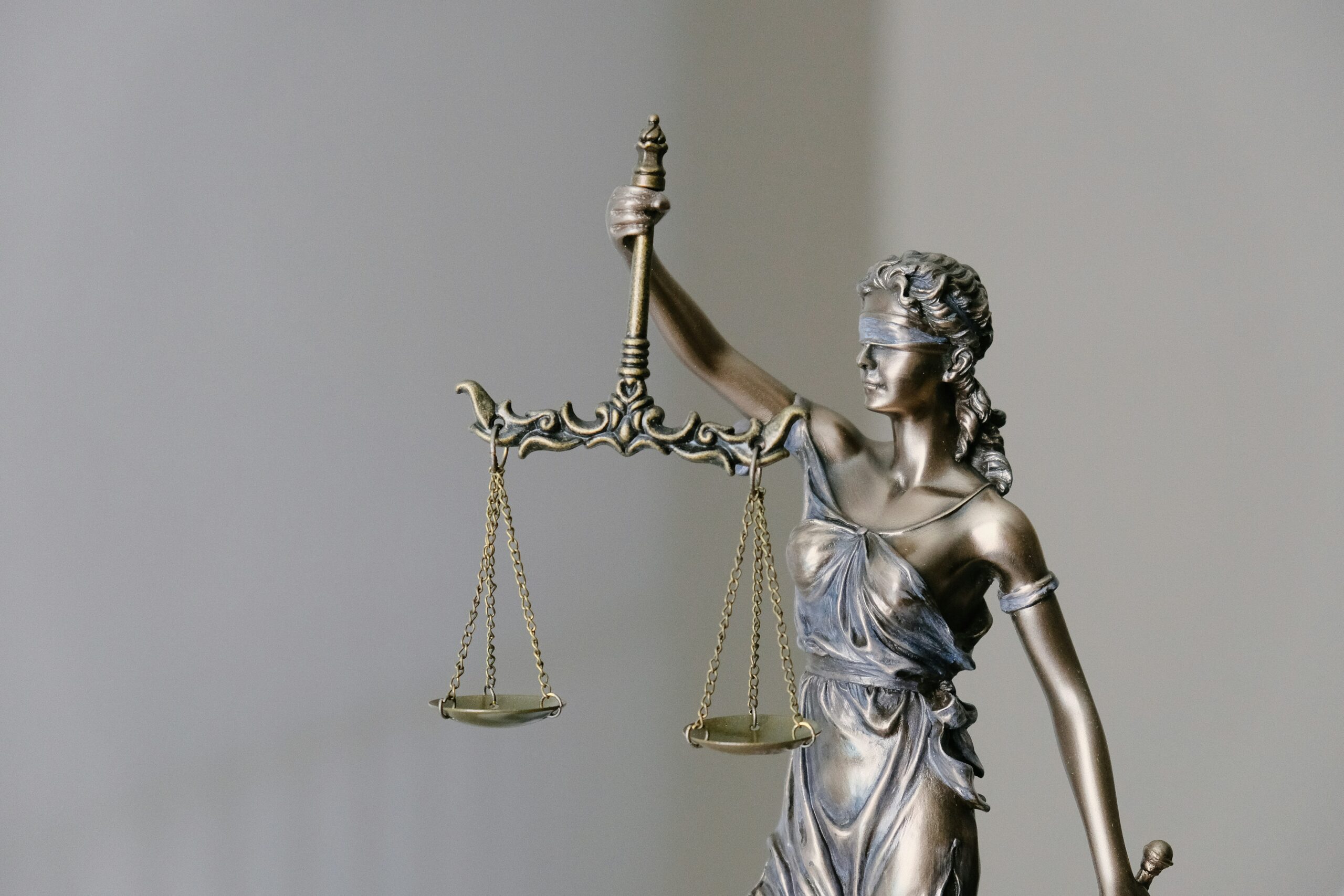
The Importance of Justice and Fairness in Creating a Just and Equitable Society

Justice and fairness are fundamental principles that play a crucial role in maintaining a just and equitable society. These principles ensure that individuals are treated fairly and that their rights are protected. In this blog post, we will explore the significance of justice and fairness, discuss the consequences of their absence, and provide strategies for promoting these principles in personal and societal contexts.
The Principles of Justice and Fairness
Justice refers to the concept of treating individuals fairly and impartially, ensuring that they receive what they deserve. Fairness, on the other hand, is about equality and the absence of bias or discrimination. These principles are essential in upholding the rights and dignity of every individual, regardless of their background or status.
Justice and fairness are crucial in various aspects of society, including the legal system, social interactions, and governance. They serve as the foundation for laws, policies, and regulations that aim to ensure equal treatment and protect the rights of all individuals.
The Consequences of Injustice and Unfairness
When justice and fairness are absent, the consequences can be severe and far-reaching. Injustice and unfairness can lead to social unrest, inequality, and a breakdown of trust within communities. Individuals who are denied justice may feel marginalized, oppressed, or discriminated against, leading to feelings of anger, frustration, and resentment.
Moreover, the absence of justice and fairness can perpetuate systemic inequalities and hinder social progress. It can create a cycle of disadvantage and limit opportunities for certain groups, perpetuating social divisions and preventing the full realization of human potential.
Promoting Justice and Fairness
Creating a just and equitable society requires the active promotion of justice and fairness in personal and societal contexts. Here are some strategies to promote these principles:
- Educate and raise awareness: Promote education and awareness about the importance of justice and fairness. Encourage discussions and dialogue that challenge biases and stereotypes.
- Advocate for equal rights: Support organizations and initiatives that advocate for equal rights and work towards eliminating discrimination and injustice.
- Engage in inclusive practices: Foster inclusivity and diversity in personal and professional settings. Ensure that everyone has equal opportunities and is treated with respect and dignity.
- Hold institutions accountable: Advocate for transparency and accountability in institutions to prevent corruption and ensure fair treatment for all.
- Support legal reforms: Advocate for legal reforms that promote justice and fairness, such as equal access to justice, fair trial procedures, and protection of human rights.
Examples of Justice and Fairness
Throughout history, there have been instances where justice and fairness were upheld or violated. One example is the Civil Rights Movement in the United States, where activists fought for equal rights and an end to racial discrimination. Their efforts led to significant legal and social reforms, promoting justice and fairness.
On the other hand, instances of injustice and unfairness can be seen in cases of institutional discrimination, such as apartheid in South Africa or the denial of basic rights to certain groups in various countries. These examples highlight the importance of actively working towards justice and fairness to prevent such injustices.
Conclusion
Justice and fairness are fundamental principles that are essential in creating a just and equitable society. The absence of these principles can have severe consequences, perpetuating inequality and social divisions. By promoting justice and fairness in personal and societal contexts, we can work towards a society where every individual is treated with dignity, respect, and equality.

















